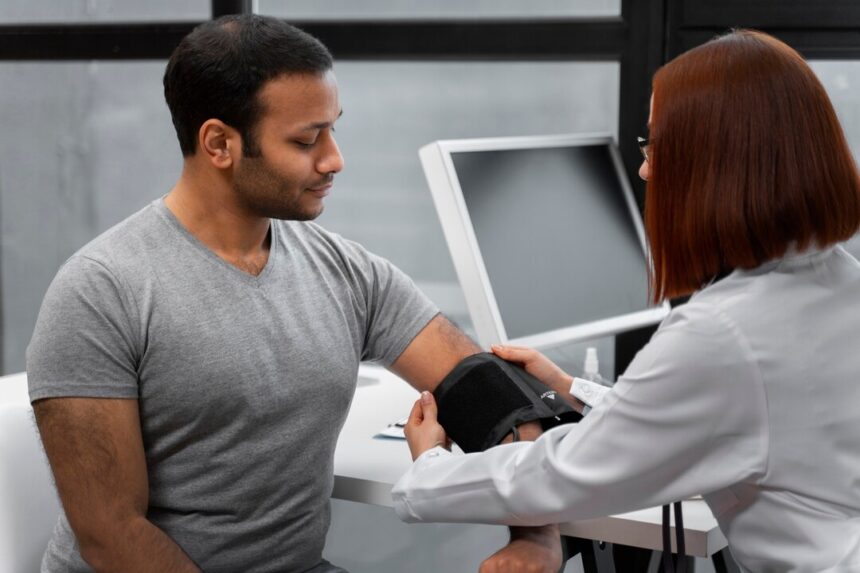As fathers, maintaining good health is essential not only for your own well-being but also for your ability to care for and support your family. Preventive health measures, including regular screenings and check-ups, play a crucial role in detecting and preventing potential health problems before they become serious. By understanding the screening guidelines and recommendations for men’s health, dads can take proactive steps to safeguard their health and ensure a long and fulfilling life with their loved ones. In this article, we explore the importance of preventive health for dads and provide guidance on screening guidelines and check-ups.
The Importance of Preventive Health for Dads:
Prioritizing preventive health measures is essential for dads to maintain their physical and mental well-being and continue fulfilling their roles as caregivers, providers, and mentors. By addressing potential health issues early through regular screenings and check-ups, dads can reduce the risk of developing serious conditions and enjoy a higher quality of life with their families.
Understanding Screening Guidelines:
Screening guidelines are recommendations for specific tests and examinations aimed at detecting early signs of disease or identifying risk factors for certain health conditions. While screening recommendations may vary based on factors such as age, family history, and personal health status, there are several key screenings that dads should consider:
- Blood Pressure Screening: High blood pressure (hypertension) is a leading risk factor for heart disease, stroke, and other serious health conditions. Dads should have their blood pressure checked regularly, ideally at least once a year, to monitor their cardiovascular health.
- Cholesterol Screening: Elevated cholesterol levels can increase the risk of heart disease and stroke. Men should undergo cholesterol screening every five years starting at age 35, or earlier if they have risk factors such as smoking, diabetes, or a family history of heart disease.
- Blood Glucose Testing: Diabetes is a significant health concern that can lead to complications such as nerve damage, kidney disease, and cardiovascular problems. Dads should undergo blood glucose testing regularly, especially if they have risk factors such as obesity, sedentary lifestyle, or family history of diabetes.
- Colorectal Cancer Screening: Colorectal cancer is the third most common cancer in men and a leading cause of cancer-related deaths. Screening for colorectal cancer typically begins at age 45 and may involve tests such as colonoscopy, fecal occult blood testing (FOBT), or stool DNA testing.
- Prostate Cancer Screening: Prostate cancer is the most common cancer in men, with screening typically starting at age 50. The prostate-specific antigen (PSA) test and digital rectal examination (DRE) are commonly used to screen for prostate cancer, although guidelines vary regarding their use.
- Skin Cancer Screening: Skin cancer is highly preventable and treatable when detected early. Dads should perform regular self-examinations of their skin and undergo professional skin cancer screenings as recommended by their healthcare provider, especially if they have a history of excessive sun exposure or a family history of skin cancer.
Importance of Regular Check-ups:
In addition to specific screenings, dads should prioritize regular check-ups with their healthcare provider to assess their overall health, discuss any concerns or symptoms, and receive guidance on preventive health measures. During check-ups, healthcare providers can review medical history, perform physical examinations, and provide counseling on lifestyle factors such as diet, exercise, and tobacco cessation.
Preventive health measures are essential for dads to maintain their well-being, support their families, and enjoy a fulfilling life. By understanding screening guidelines, undergoing regular check-ups, and adopting healthy lifestyle habits, dads can take proactive steps to protect their health and reduce the risk of developing serious health conditions. Remember, prioritizing preventive health is not only an investment in your own future but also in the well-being of your loved ones. Schedule your screenings and check-ups today to ensure a healthier tomorrow for you and your family.










